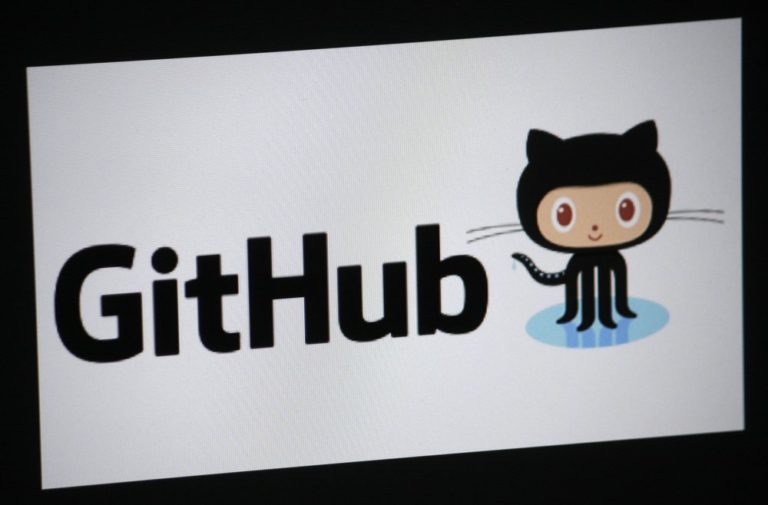GitHub has launched a beta of a new GitHub Actions version. This version of the service has fully built-in continuous integration and delivery (CI/CD) capabilities. The service is scheduled to be made available to the public on 13 November.
GitHub Actions was launched ten months ago. Actions is an automation platform for workflows. Developers can use this to create actions to start all kinds of events. This also made it possible to set up your own CI/CD pipelines.
Although GitHub emphasized at the launch that the service was more than just a possibility to set up the pipelines, developers were very interested in that very function. CEO Nat Friedman now states that the main feedback on the service was that CI/CD should be added.
Beta Version Actions
The new version of Actions allows developers to build, test and deploy their code on a platform of their choice, after which they can run workflows in containers or virtual machines. That’s what TechCrunch writes.
It is also possible to test multiple versions of the application in parallel, thanks to a function called matrix builds. This allows developers to test three versions of Node.js on Linux, Windows and MacOS at the same time.
Currently Node.js, Python, Java, PHP, Ruby, C/C++, .NET, Android and iOS are supported. Actions is also integrated in the GitHub Package Registry.
Free features
Actions also has an option to stream live logs to the Action console while building the application. It is also possible to link to a line in a log file, to discuss problems with the rest of the team.
GitHub has made the new features available free of charge during the beta season. The functions remain free of charge for all public repositories.
Actions for GitHub Enterprise Server will also be launched next year. This service gets a hybrid option, which makes it possible to keep the code in a private data center and still use GitHub to orchestrate the workflows.
This news article was automatically translated from Dutch to give Techzine.eu a head start. All news articles after September 1, 2019 are written in native English and NOT translated. All our background stories are written in native English as well. For more information read our launch article.